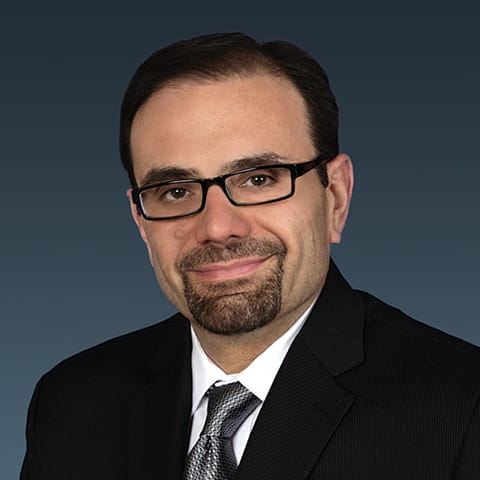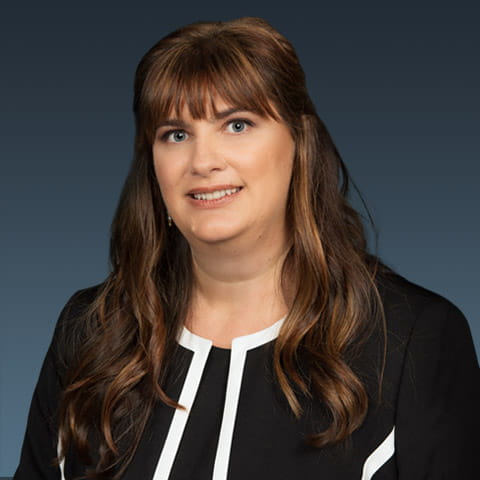Cannabis: Unlocking social equity and community investment in New York

Diversity, equity, and inclusion (DEI) have long been core values embraced by the cannabis community. Yet as the industry grows, much of the discussion has focused on the profit potential and tax revenue. We need to change the conversation so that we can build a broader coalition of stakeholders, make a bigger impact, and ultimately expand the market.
The true potential of cannabis is greater than its medicinal properties or the alternative it gives people struggling with opioid addiction. And it’s far more important than its ability to generate profits for individual enterprises.
Take a step back, and we hope you will see that cannabis is part of a much bigger picture – one that depicts the revitalization of communities that have suffered from years of disinvestment.
Social equity is essential to the long-term sustainability of cannabis markets. However, lack of access to capital, difficulties navigating the licensing process, and other barriers stand in the way. While it’s true that cannabis can be an incredibly effective economic development tool, without guardrails economic development can perpetuate injustice rather than alleviate it.
Recently, several states have heeded the lessons learned from social equity missteps of other jurisdictions by building social equity, job creation, and community reinvestment into their laws and policies. New York is a shining example. Read on for a summary of the social equity measures the state has underway, as well as a spotlight on Housing Works, an organization leading the way at the intersection of cannabis and social equity.
What New York got right
The social equity framework of New York’s Marijuana Regulation and Taxation Act (MRTA) puts those most harmed by the drug war at the center of the program. Not only does it prioritize the formerly incarcerated for the first round of adult-use licenses, it also calls for meaningful community reinvestment, as well as a focus on workforce development. Here’s how:
1. Social equity licenses
New York will prioritize awarding the state’s initial class of 300 Conditional Adult-Use Retail Dispensary (CAURD) licenses to people arrested for or convicted of a past marijuana-related crime (or whose qualifying family members were). To be considered, individuals must also demonstrate prior experience running an entrepreneurial, on-the-books business for two consecutive years. Beyond this, the state has committed to having social and economic equity applicants make up about 50% of New York’s adult-use cannabis licenses. This category is defined as including minority-owned businesses, women-owned businesses, disadvantaged farmers, service-disabled veterans, and individuals from communities disproportionately impacted by the War on Drugs. The state also takes this one step further by offering an incubator program to provide direct support in the way of counseling services, education, small business coaching, financial planning, and compliance assistance to awardees.
2. Community reinvestment
The National Association of Cannabis Businesses (NACB) Social Equity Model challenged states to reinvest at least 20% of cannabis tax revenues in areas that the War on Drugs has disproportionately impacted. New York’s MRTA surpasses that goal by a long shot. The law directs 40% of adult-use cannabis tax revenues to a newly established Community Reinvestment Grant Fund. Through this fund, qualified community-based nonprofit organizations and local governments can apply for funding to support a broad range of initiatives – from job placement and skills services to mental health and substance use disorder treatment to housing, financial literacy, and community banking, and much more.
The balance of cannabis tax revenues will also go to programs with community benefit: 40% to public schools and 20% to drug treatment and public education.
3. Workforce development
The legal cannabis industry is expected to create tens of thousands of jobs in New York. By making workforce development a central tenet of its cannabis law, the state has the potential to make far more progress toward social equity than what can be achieved by addressing licensure alone.
For example, licensees who are not social and economic equity applicants must develop and implement a social responsibility framework to outline how the business will contribute to communities disproportionately harmed by cannabis prohibition.
An organization we’ve been proud to support that’s a leader in workforce development is Housing Works.
Case Study: Housing Works steps up to fill social equity gaps
Bringing unlicensed operators into the licensed market at the ownership and workforce levels is crucial to help repair some of the damage done by the long-running War on Drugs. It’s also a tall order, and one that trailblazing nonprofit Housing Works is eagerly stepping up to meet.
Housing Works Cannabis Co opened its doors as New York’s first recreational cannabis dispensary Dec. 29, 2022, at 4:20 p.m. True to the spirit of the law and the mission of Housing Works, people who were formerly incarcerated got first shot at employment. Additionally, Housing Works is developing a management training program to help justice-involved New Yorkers succeed in this new space – and, eventually, open their own cannabis businesses.
Cannabis is just the most recent example of Housing Works’ innovation. It was the first organization dedicated to housing people without regard to their drug or alcohol use, and the first to roll out job training for people living with AIDS and HIV. The organization was also a pioneer of the social enterprise model, whereby profits from related businesses fund the mission of a parent not-for-profit. The thriving Housing Works Thrift Shops and Bookstore Café provide funds and employment opportunities to people living with and affected by HIV/AIDS.
So when New York started moving toward legalizing recreational cannabis a few years ago, participation made perfect sense to the leaders of Housing Works. This organization, which has been literally saving lives for 33 years, saw the potential of cannabis to help people transform their lives by providing career opportunities in this flourishing industry.
Revisit your why
Here at CohnReznick, stories like Housing Works’ are near and dear to our hearts. Community development has been in our firm’s DNA since 1977, when David Reznick launched a small accounting firm, along with two childhood friends, to serve and support the brand-new affordable housing industry.
That passion for community development permeates our firm to this day, and it is what led us to cannabis. State cannabis programs are reminiscent of the community development ecosystem within affordable housing. Similar to how federal and state governments leveraged tax incentives to solve for lack of access to affordable housing, state policymakers today are using cannabis policy as a tool to alleviate some of the damage inflicted by the War on Drugs.
Chances are, you were attracted to the cannabis space for an opportunity to make a difference at the community level. Housing Works, and other organizations like them, are showing us how deep that impact can be when we view the business of cannabis through a community development lens. Take some time to revisit your “why” and consider how your cannabis business can contribute to the long-term sustainability of communities.
Contact
Gil Bernhard, CPA, Partner
646.254.7479
Michael D. Harlow, CPA, Partner
301.907.2330
Lori Rothe Yokobosky, CPA, MST, Partner, Exempt Organizations Tax Services Practice Leader
973.403.6940
Looking for the full list of our dedicated professionals here at CohnReznick?
Contact
Let’s start a conversation about your company’s strategic goals and vision for the future.
Please fill all required fields*
Please verify your information and check to see if all require fields have been filled in.

CannaQuarterly Q1: Cannabis State Market Watch, Social Equity, More
Any advice contained in this communication, including attachments and enclosures, is not intended as a thorough, in-depth analysis of specific issues. Nor is it sufficient to avoid tax-related penalties. This has been prepared for information purposes and general guidance only and does not constitute legal or professional advice. You should not act upon the information contained in this publication without obtaining specific professional advice specific to, among other things, your individual facts, circumstances and jurisdiction. No representation or warranty (express or implied) is made as to the accuracy or completeness of the information contained in this publication, and CohnReznick, its partners, employees and agents accept no liability, and disclaim all responsibility, for the consequences of you or anyone else acting, or refraining to act, in reliance on the information contained in this publication or for any decision based on it.














